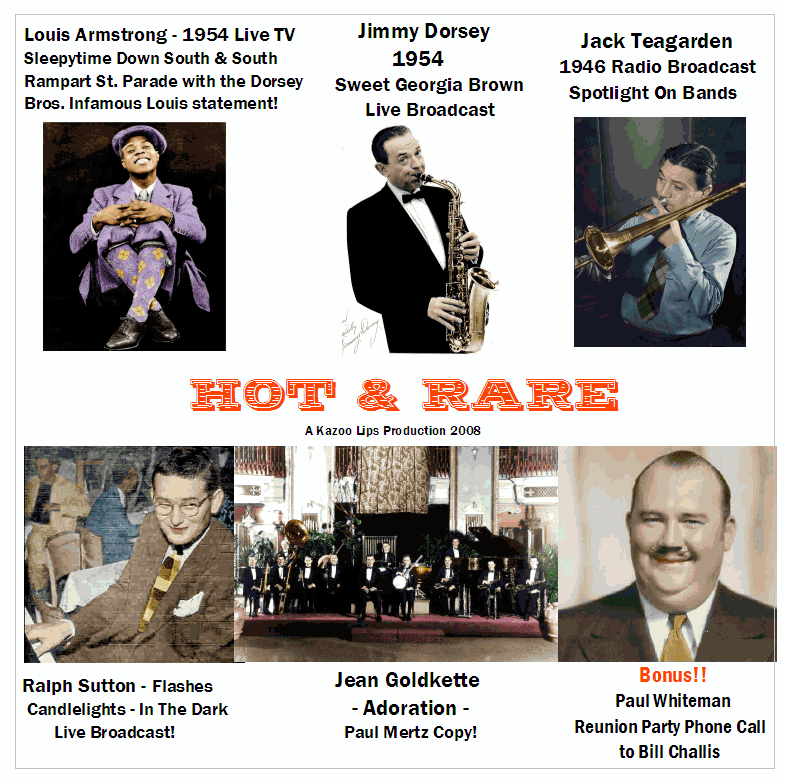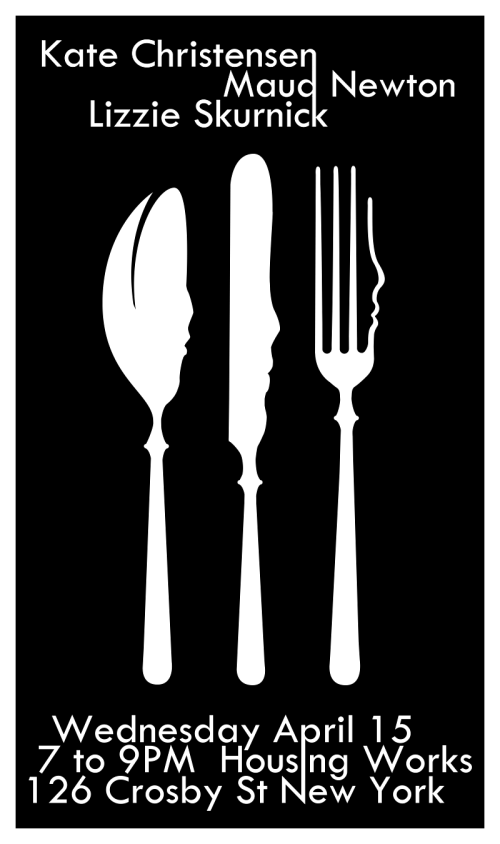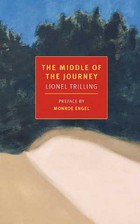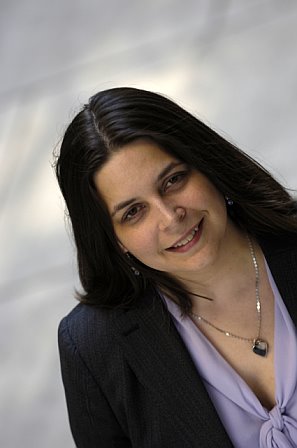A good biographer will do just about anything to comb snippets of apocrypha out of his book. Fortunately, Louis Armstrong almost always told the truth about himself, but anyone who gets interviewed once or twice a week throughout the second half of his life is likely to streamline some of his favorite stories, and in writing Pops: A Life of Louis Armstrong I did everything I could to track down the earliest possible primary sources for Armstrong’s oft-told tales.
Here’s one of the best-known ones, told in the trumpeter’s own words:
A few weeks before Satchmo: My Life in New Orleans came out, he appeared on Stage Show, a TV series hosted by Tommy and Jimmy Dorsey. “We was going to play ‘Rampart Street Parade,'” he remembered, “and we’re discussing what tempo to play it, and I say, ‘Why don’t you play it not too slow, not too fast, just half fast.’ The audience finally picked it up….From then on–couldn’t nothing follow it.” That was Satchmo: he took his music seriously, but never himself.

Everyone familiar with Armstrong’s life has heard that story, and I had no particular reason to doubt its veracity. But did Satchmo really, truly toss off that double entendre on live network TV in 1954? The version of the story that I quoted in the original manuscript of Pops is the one that he told an interviewer fourteen years after the fact. Might he have been painting the lily?
While I did manage to establish that Armstrong had in fact appeared on Stage Show on August 21, 1954, I had to take his word for it that he’d really said what he said he said, and that was where I left it–until last week, when I made a discovery that made me jump up and down with glee. Not only was the audio portion of Armstrong’s 1954 appearance on Stage Show recorded, but a sound file containing his introduction to “South Rampart Street Parade” has actually been posted on the Web. (To listen to the file on your computer, stop all five of the mp3 files on the page in question, then restart the one marked “Click Here for Louis Armstrong.”)
I listened to it with my mouth hanging open. Then I rewrote the last lines of the tenth chapter of Pops accordingly:
A few weeks before Satchmo came out, he appeared on Stage Show, a TV series hosted by Tommy and Jimmy Dorsey on which the three musicians played “South Rampart Street Parade” together. “I think we should get together on the tempos there, right?” Armstrong told the brothers on camera. “I’ll tell ya whatcha do now. Not too slow, not too fast–just half-fast.” The studio audience roared with delight. That was Satchmo: he took his music seriously, but never himself.
It’s true! It’s true!
UPDATE, 2019: Alas, the site in question no longer exists, but I swear that I heard the clip in question a decade ago!


 Dedications and inscriptions are serious business for most authors, serious enough that you’d think more would have been written about them. One of the few extended discussions of the practice that comes to mind can be found in
Dedications and inscriptions are serious business for most authors, serious enough that you’d think more would have been written about them. One of the few extended discussions of the practice that comes to mind can be found in  Unless you’re Stephen King or Joyce Carol Oates, you only get so many opportunities to pay tribute to loved ones, friends, and colleagues by dedicating a book to them, so I’ve called my own shots with care.
Unless you’re Stephen King or Joyce Carol Oates, you only get so many opportunities to pay tribute to loved ones, friends, and colleagues by dedicating a book to them, so I’ve called my own shots with care.